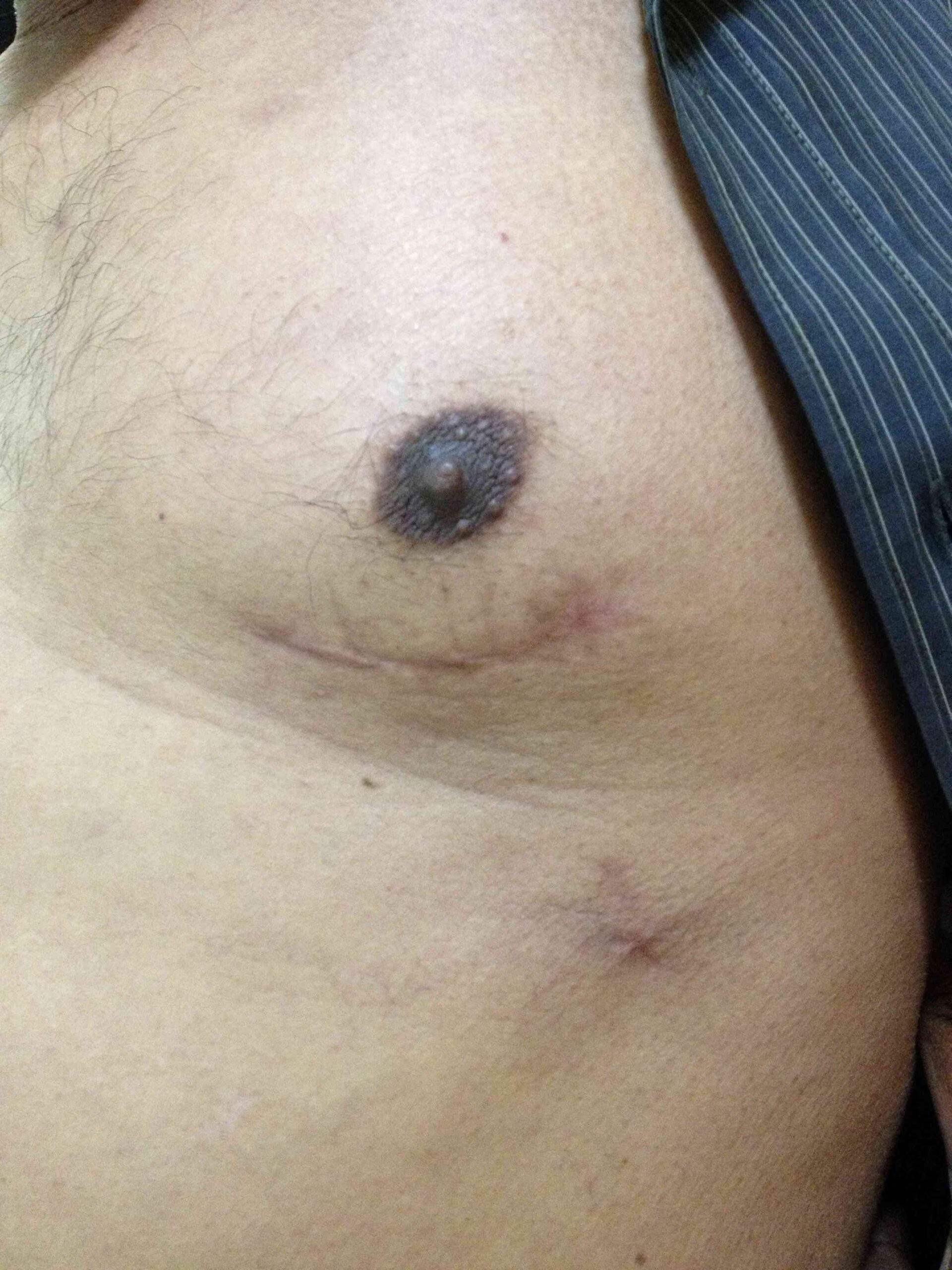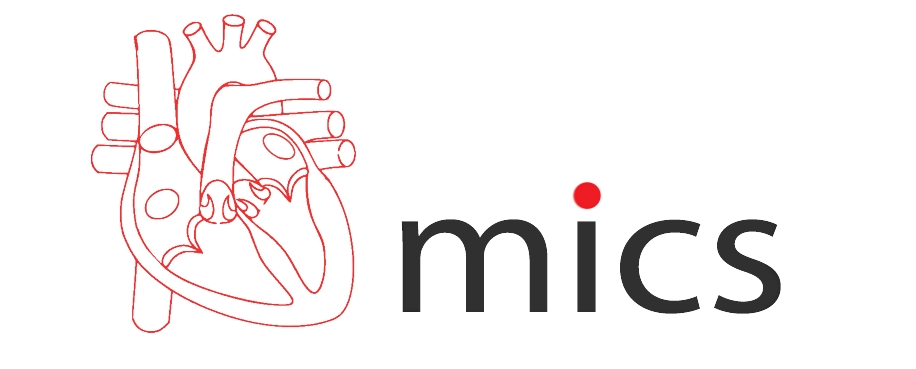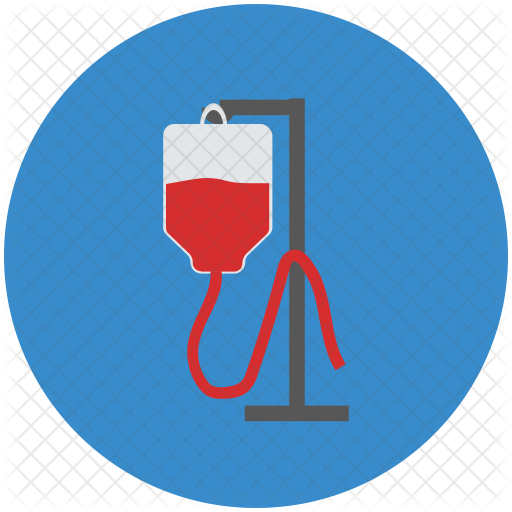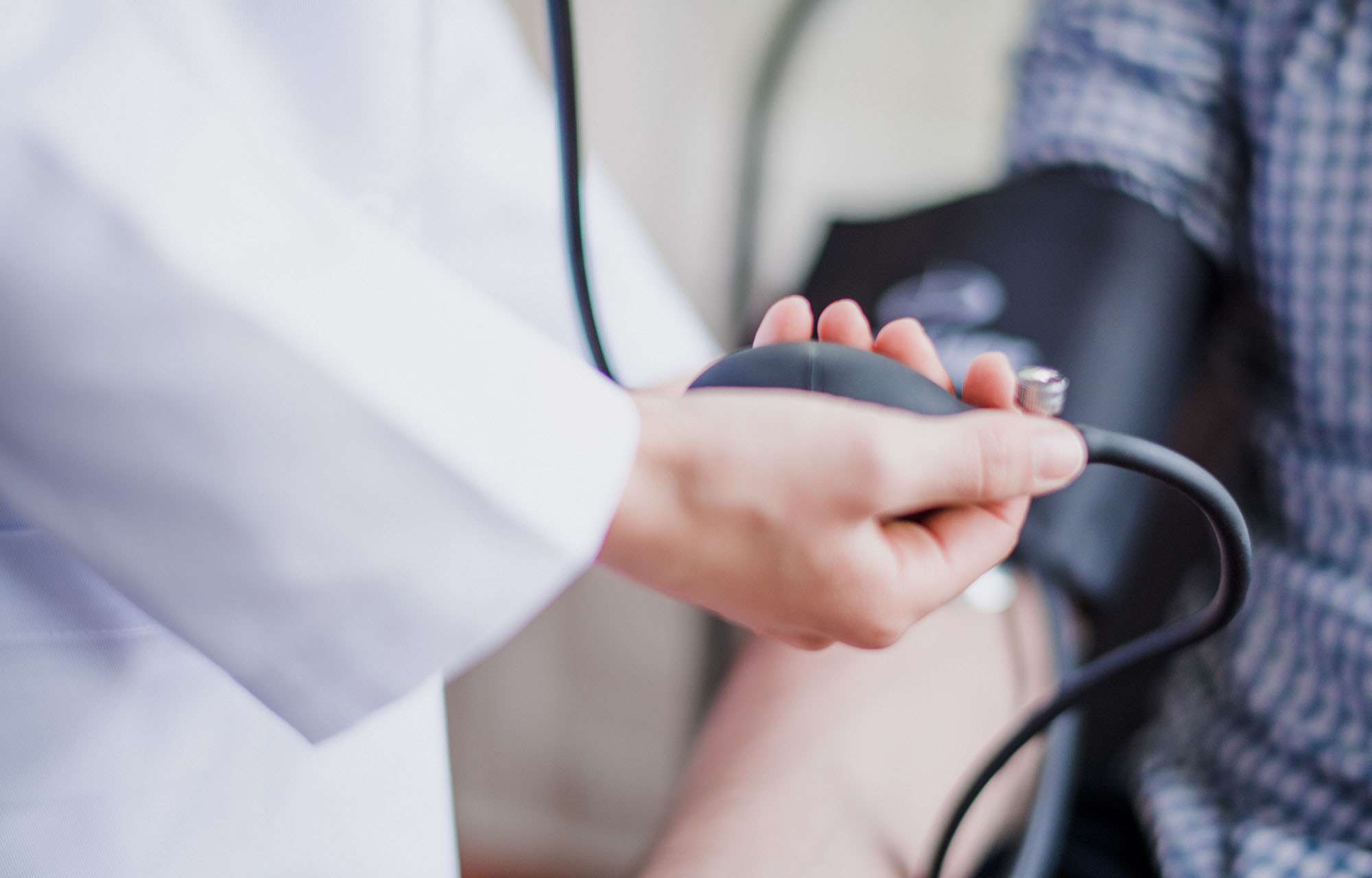What is MICS CABG?
Introduction
The Coronary Bypass Technique Performed Minimally Invasively Without Cutting Any Bone
MICS CABG is an advanced minimally invasive technique for multi-vessel bypass (CABG). It offers several advantages over the traditional open technique while preserving both the safety and quality of open surgery. It helps patients heal faster, and recover quicker without the complications of open surgery.

Largest
World Experience
Succesful Procedures
Shortest
Hospital Stay
Hours
Rapid
Painless Recovery
Days
So Many Advantages
MICS CABG has several advantages over the old conventional technique of open surgery.
This novel technique is well established and in skilled hands offers immense benefits compared to open surgery. Many of the benefits cannot be measured as is with the psychological impact of a major surgery.
Why should you choose the MICS CABG procedure?
Rapid Recovery
Allow’s patients to return to normal life as early as 7 days. Exercise and outdoor activity within 2 weeks.
No Blood Transfusion
96% of patients don’t need a blood transfusion with a MICS CABG.
Ideal For Older Patients
Both the young and the old benefit from a MICS CABG. Less chest damage is beneficial.
Highly Accurate
Advaced tools and measuring devices make this operation very accurate improving long term outcomes.
Robotic Assistance
Adds additonal benefits, with further reduction of pain and discomfort.
No Infection
100% reduction in deep infection and near zero wound infection rate.
No Bones Are Cut
Unlike traditional surgery where the breast bone is cut, in MICS CABG no bones are cut allowing rapid recovery.
Shorter Hospital Stay
72 hours or 3 days is maximum hospitalisation required, reducing hospital acquired infections.

Take Your Surgical Experience Beyond The Ordinary
Safety & Efficacy
The MICS CABG procedure is extremely safe. With our experience of over 1700 operations the risk is as low as 0.3%. The measuring tools we use also ensures that the operation is accurately performed.
Healing & Recovery
The small 2.5 inch cut heals rapidly. The likely chance for infection is extremely low and major complications are practically zero. Return to active life is usually as early as a week.
Diet & Diabetes
Its important to control blood sugars immediately after surgery to prevent infection and patients are usually given a regimen to follow. A low fat, high protien diet is usually recommended.
Activity & Exercise
Patients are encouraged to be independent and resume normal activty within 24 hours after surgery. After leaving the hospital they are encouraged to walk for a minimum of 30 min with no restrictions to bending, lifting weights or driving.
Schedule an appointment!
Portfolio
MICS CABG Surgery
People from different backgrounds choose minimally invasive CABG (MICS CABG) for varying needs. While some choose the procedure for a faster and less painful recovery, others choose it because they are too old to tolerate a major open surgery or because they want to return to work with the least amount of disruption. Whatever the reason, MICS CABG is a compelling choice for anyone who needs a coronary bypass. Below are a few of our patient stories that we found interesting.
1. Who needs CABG?
2. Is minimally invasive surgery safe?
3. Can CABG be done minimally invasive?
Yes. CABG can be performed minimally invasively through a small incision without cutting any bone, using specialized surgical instruments. This is called MICS CABG. Our experience with this technique is the largest in the world with over 2000 procedures done so far. A robot can also be used to assist in some cases.
4. How long does pain last after CABG?
The pain of surgery is subjective. Typically, the pain lasts for 1 to 2 months after open CABG. More than physical pain, it’s the psychological trauma of undergoing an invasive procedure that affects patients. After minimally invasive CABG or MICS CABG pain usually disappears after 3 to 5 days.
5. What is the recovery time after MICS CABG?
The recovery time after MICS CABG is usually 1 week. However, recovery time can be longer if a patient is sick or unfit prior to the surgery. Patients who are active, with preserved heart function, well controlled diabetes and no other additoinal risk factors (eg: obesity, kidney failure, stroke) will recover faster.
Get In Touch
Let’s Work Together!
Phone
+91 819-719-6622
Address
Apollo Hospital
Bannerghatta Road
Bangalore 560076










